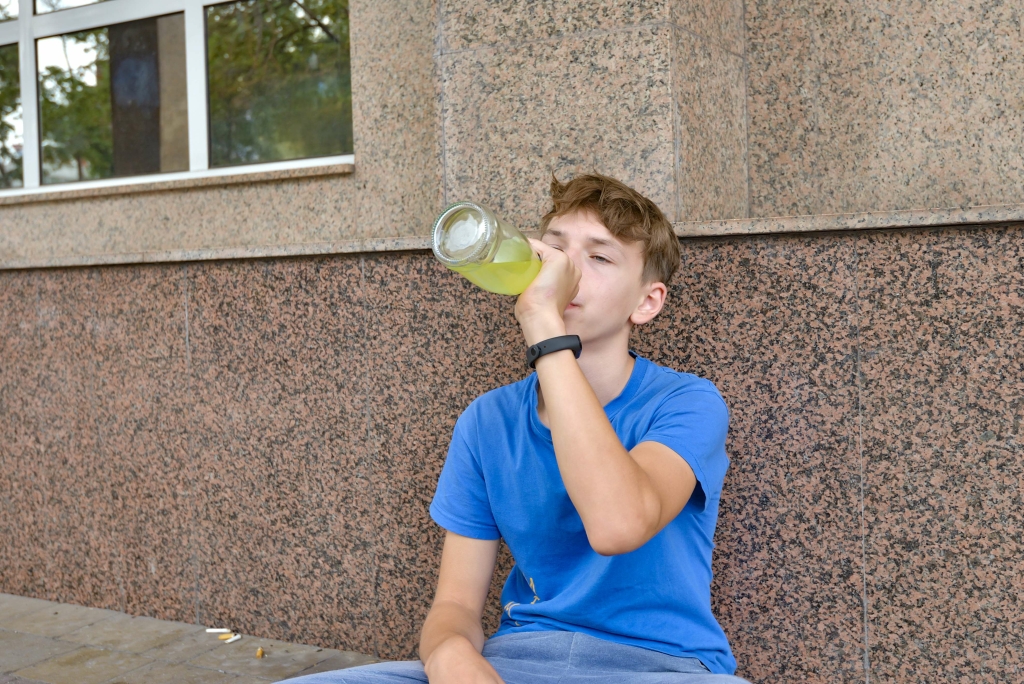Backflush Accounting: Definition, Process & Key Benefits
This documentation serves as a reference for training and ensures consistency in implementation. Document standard operating procedures for backflushing, detailing the steps involved, trigger points, and any specific instructions for employees. Conduct regular audits and compliance checks to ensure that backflushing transactions align with regulatory requirements and internal quality standards. Moreover, engaging in regular cycle counting can unveil opportunities for cost savings, enhancing overall business efficiency without compromising best practices in contract management or production scheduling. Such rigorous scrutiny helps catch discrepancies quickly, paving the way for immediate corrective actions to enhance reliability standard cost, and efficiency within manufacturing processes.
Enhanced Data Security Measures
If the cycle counts result in significant material quantity variances, then either the BOM is not accurate or scrap is not being recorded properly and corrective action must be taken immediately. Backflush accounting is best used in environments where products are produced in high volumes with repetitive processes, such as assembly lines or mass backflushing inventory production facilities. Traditional accounting tracks costs at every stage of production, while backflush accounting allocates costs only at the end of the production cycle. The final step in implementing backflushing involves setting up a robust system that integrates yield management practices and supports efficient production control, ensuring seamless execution of backflushing activities.
Inaccurate Bill of Materials (BOM)
Cobots can assist in tasks related to trigger point identification, material deductions, and overall inventory management, contributing to a more collaborative and efficient manufacturing environment. As automation technologies and robotics become more sophisticated, the integration of advanced robotics into manufacturing processes may influence backflushing. Automated systems could trigger material deductions based on real-time data from robotic production lines, further streamlining the process. The automation and efficiency brought about by backflushing contribute to increased overall productivity in manufacturing operations. By minimizing manual tasks related to inventory management, employees can focus on core production activities, leading to higher productivity levels.
How Does Backflushing Inventory Works?
The software should integrate with other systems, such as BOMs, work orders, and automated deduction triggers, to ensure a seamless flow of information. This integration ensures that the automated deduction aligns with the actual completion of production phases, minimizing discrepancies. Directors must ensure that their teams frequently review the accuracy of bills of materials and inspect the trigger points for inventory transactions. This cost accounting method also presumes that inventory levels and usages are always aligned with production schedules – a risky assumption in the fast-paced world of global supply chains and unpredictable demand forecasting. Backflush costing hinges on the assumption that there is a steady and predictable flow of production activities. However, it often struggles in environments where production processes are complex or variable.
- This article delves into inventory backflushing, how it works, and its benefits to businesses, explicitly referring to the functionalities provided by SYSPRO and DATASCOPE PREMIUM WMS.
- With TAG Samurai, effortlessly monitor your inventory, guaranteeing you’re always ready to meet your customers’ demands.
- This may include refining trigger points, updating BOMs, and incorporating feedback from accuracy checks to enhance overall efficiency.
- Ensure that they understand the backflushing system, the importance of accurate BOMs, and how trigger points impact the automated deduction of materials.
- Inventory backflush is a powerful tool for optimizing inventory management in manufacturing environments, particularly those with repetitive production processes.
Backflushing inventory is a method that promises significant time and cost savings by eliminating the need for manual tracking of inventory movement at every step. However, implementing backflushing isn’t without its challenges, particularly concerning potential backlash. In this blog post, we’ll delve into the concept of backflushing inventory, explore its benefits and pitfalls, and offer strategies to mitigate backlash effectively.
- By the end, you’ll have a nuanced understanding of how backflushing can revolutionize manufacturing operations.
- The automated deduction of materials supports a lean and agile production environment, allowing manufacturers to respond quickly to changing market demands.
- Backflushing automates the inventory deduction process, aligning material usage with final production output in real-time.
- Conduct comprehensive training programs for employees involved in the manufacturing process.
- The impact of backflush accounting on cost allocation is significant, as it allows businesses to focus on managing overall production costs rather than tracking every individual transaction.
Can you explain the main advantage of using backflushing inventory systems?
Regular follow-up analysis and diligent cycle counting further verify that quantities produced match those recorded in production order, leading to reliable performance metrics crucial for decision-making. This article will guide you through understanding backflush inventory and its benefits, ensuring your business doesn’t miss out on this key strategy to save both time and cost. Backflushing automates the issuing of material to the manufacturing floor upon the completion of the production process. Optimize inventory, streamline production workflows, and reduce errors with real-time data and mobile solutions, enhancing efficiency and boosting profitability.
Work orders should include details such as the quantity of products to be manufactured, the components required, and the timeline for completion. Identify trigger points within your production process that signify the completion of specific phases. Common trigger points include the assembly completion, closure of a production order, or confirmation of finished goods. Create accurate Bills of Materials (BOMs) that outline the components, quantities, and hierarchical relationships required for each finished product. While backflushing minimizes the need for real-time data entry, a recordkeeping system is essential to maintain a record of the backflushed transactions. These records provide transparency, traceability, and a historical overview of material usage.
Better yet, businesses or companies that employ backflushing inventory count on it because of key benefits that become clearer the more you use the method. Backflushing inventory comes under different names, such as backflushing accounting or backflushing costing. But no matter what you call it in-house, this inventory management method is the way to go for many businesses. Disadvantages of backflushing include reliance on the accuracy of the Bill of Materials (BOM), limited visibility during production, risk of over-production or stockouts, and the need for robust inventory management systems. Backflushing is recommended for high-volume production environments with standardized products, repetitive processes, and limited variability in material usage.
By implementing backflushing, companies can improve their cost control and gain a better understanding of their production costs, leading to more informed decision-making. Implementing a detailed bill of materials ensures that exact quantity of only what gets used during production is accounted for automatically by the computer systems. Yes, many modern inventory management systems and enterprise resource planning (ERP) solutions offer automation features for backflushing, allowing for automatic deductions of materials based on completed production orders. Imagine a streamlined process that saves time while optimizing resources, ensuring maximum productivity. In this guide, we’ll delve into the intricacies of backflushing, uncovering how it works, its benefits, drawbacks, and much more.
Process Flow
Selecting an appropriate allocation base is critical for accuracy, with machine hours often preferred in automated environments. Activity-Based Costing (ABC) frameworks can further refine overhead allocation by identifying precise cost drivers. This involves a thorough evaluation of the production schedule to understand the flow and timing of each product through the manufacturing process. Cost drivers such as direct materials, direct labor, and overhead costs are meticulously examined to gauge their impact on the overall production cost. By carefully studying these factors, businesses can pinpoint the products that align with the criteria for successful backflushing, ensuring efficiency and cost-effectiveness in the production process.
Enhanced accuracy in tracking raw materials and final product count becomes achievable with this system, significantly reducing errors often found in manual processes. Incorporating backflush inventory into operations revolutionises the management of materials, streamlining processes, record costs and sharpening the precision of stock control. Harnessing this technique not only propels efficiency to new heights but also offers a cost-effective solution that bolsters accuracy across production lines. Moving from the basics, backflush inventory is a modern approach where materials used in production are accounted for only after the finished product emerges. This technique flips traditional stock management on its head by waiting until the end point of use materials on the production line to record material usage.
Unlike traditional methods that track costs throughout the production cycle, backflush costing defers detailed tracking, reducing record-keeping. Companies estimate total costs using historical data, market prices, and projected production volumes. For example, a company might use the average cost of raw materials from the past quarter to forecast future expenses. Advanced software systems automate these calculations, ensuring accurate and timely estimates.


